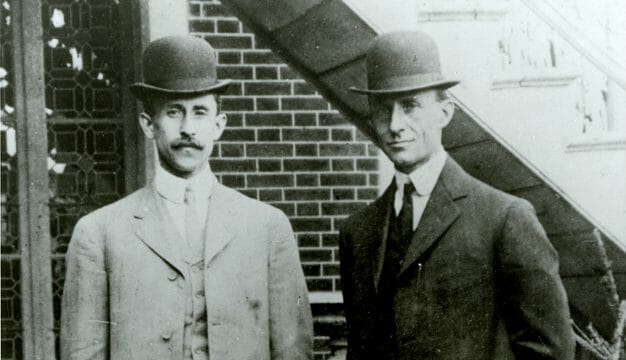Mulga
Mulga is located in west-central Jefferson County, in the central part of the state. It has a mayor/council form of government.
History
 Lakeview Cemetery Entrance
The present-day town of Mulga began its existence as a private housing alternative to a nearby company town, also known as Mulga, built by the Birmingham Coal and Iron Company around the Mulga Mine. Mulga was first recognized as a distinct community in 1907, with the establishment of a post office. It is located along a former rail line of the Woodward Railroad now operated by the Birmingham Terminal Railway. The mine opened in 1907 and the Tennessee Coal, Iron, and Railroad Company built nearby Bayview Dam in 1911 to create a reservoir of water for use in the steel-making process. During the 1910s, the mine employed as many as 400 people and was in operation through the 1960s. The community incorporated in 1947 so that it could apply for funding for a water supply; Mulga now supplies surrounding communities with water. The nearby unincorporated community built by the mining company is still in existence and is called Mulga Mine.
Lakeview Cemetery Entrance
The present-day town of Mulga began its existence as a private housing alternative to a nearby company town, also known as Mulga, built by the Birmingham Coal and Iron Company around the Mulga Mine. Mulga was first recognized as a distinct community in 1907, with the establishment of a post office. It is located along a former rail line of the Woodward Railroad now operated by the Birmingham Terminal Railway. The mine opened in 1907 and the Tennessee Coal, Iron, and Railroad Company built nearby Bayview Dam in 1911 to create a reservoir of water for use in the steel-making process. During the 1910s, the mine employed as many as 400 people and was in operation through the 1960s. The community incorporated in 1947 so that it could apply for funding for a water supply; Mulga now supplies surrounding communities with water. The nearby unincorporated community built by the mining company is still in existence and is called Mulga Mine.
Demographics
According to 2020 Census estimates, Mulga recorded a population of 757. Of that number, 80.8 percent of respondents identified themselves as white, 14.3 percent as African American, 4.9 percent as two or more races, and 1.3 percent as Hispanic. The town's median household income was $33,000, and the per capita income was $24,585.
Employment
According to 2020 Census estimates, the workforce in Mulga was divided among the following industrial categories:
- Construction (15.8 percent)
- Manufacturing (15.8 percent)
- Transportation and warehousing, and utilities (14.9 percent)
- Retail trade (14.0 percent)
- Educational services and health care and social assistance (13.1 percent)
- Arts, entertainment, and recreation, and accommodation and food services (12.5 percent)
- Professional, scientific, and management, and administrative and waste management services (11.2 percent)
- Other services, except public administration (6.7 percent)
- Agriculture, forestry, fishing and hunting, and extraction (0.9 percent)
- Finance and insurance, and real estate and rental and leasing (0.8 percent)
- Public administration (0.6 percent)
- Wholesale trade (0.6 percent)
Education
Students in Mulga attend Jefferson County schools; no public schools are located within the town limits.
Transportation
Mulga is bisected by Mulga Loop Road which joins State Highway 269 south of town in two places.
The Birmingham-Shuttlesworth International Airport is located about 15 miles east of Mulga.
Additional Resources
Jefferson County Heritage Book Committee. The Heritage of Jefferson County. Clanton, Ala.: Heritage Publishing Consultants, 2002.
White, Marjorie Longenecker. The Birmingham District: An Industrial History and Guide. Birmingham, Ala.: Birmingham Publishing Company, 1981.



